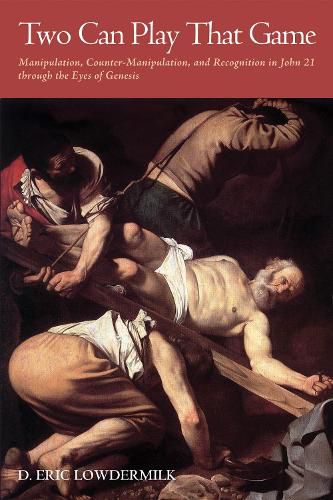This title is printed to order. This book may have been self-published. If so, we cannot guarantee the quality of the content. In the main most books will have gone through the editing process however some may not. We therefore suggest that you be aware of this before ordering this book. If in doubt check either the author or publisher’s details as we are unable to accept any returns unless they are faulty. Please contact us if you have any questions.
John 21 portrays seven disciples fishing all night yet catching nothing. In the morning, a shoreline stranger instructs them to recast their net. Surprisingly, the disciples fail to recognize him. After a miraculous catch and subsequent breakfast, however, there is no doubt as to who this stranger is. Jesus then questions Peter about his love and commissions him to feed Jesus’ sheep. Using narrative criticism, Lowdermilk examines this recognition scene, asking, How would a reader, well acquainted with recognition and deception as portrayed in Genesis, understand John 21? He discards trickster terminology and argues that biblical recognition occurs within a context of manipulation. After proposing a detailed taxonomy of manipulation, he ventures further and argues for patterns in Genesis where manipulators are counter-manipulated in a reciprocal manner, ironically similar to their own behavior, providing a transforming effect on the manipulator. These findings, plus a careful examination of Greek diminutives, inform Lowdermilk’s new reading of John 21:1-19. Peter withholds his identity as a disciple in John 18 and later Jesus actively withholds his identity in ironic counter-manipulation, mirroring Peter’s denials. Jesus’ threefold questioning of Peter continues the haunting echoes of Peter’s earlier denials. Will it result in a disciple transformed?





